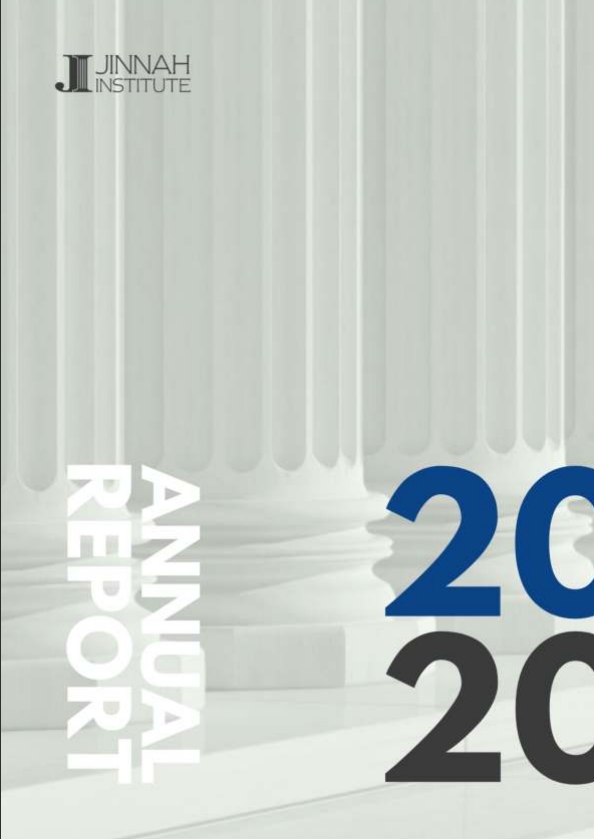Annual Report (2019-2020)
Date: July 8, 2020
Current geostrategic realities have not only magnified Pakistan’s global relevance, but repeatedly headlined the onerous challenges it faces today. A porous border with Afghanistan, the repercussions of proxy jihad, the militarization of foreign policy, the perception of an enhanced threat from India, the ongoing war on terrorism, and the radicalization of society are a few of the core concerns that require immediate attention in order to achieve peace and stability in Pakistan. In democracies, policy reviews are critical for building common ground. Without sustained policy dialogue on divisive issues, there is little room for consensus. Key national goals such as countering terrorism require supportive pluralities on crucial policy issues if the national security agenda is to be addressed coherently. Given the sustained threat from terrorists, it is vital for Pakistan’s national security environment to engage in robust dialogue, develop policy frameworks, and build civil-military equilibrium. In addition, inter-agency cooperation between parliamentary, government and other institutions is needed in order to bridge critical gaps between policy-making and implementation.
The Strategic Security Initiative articulates independent national security strategies for Pakistan that incorporate the country’s national policy imperatives, while carving out critical space for voices from civil society, media and academia. The initiative also encourages constructive engagement with the international community the local policy community to seek strategic convergences at multilateral and bilateral forums. Broadly speaking, the Strategic Security Initiative seeks to democratize the formulation of national security policy and build civil-military bridges in order to encourage a more open and inclusive security paradigm, with a particular focus on developing higher stakes in reversing the tide of religious extremism and violence.

